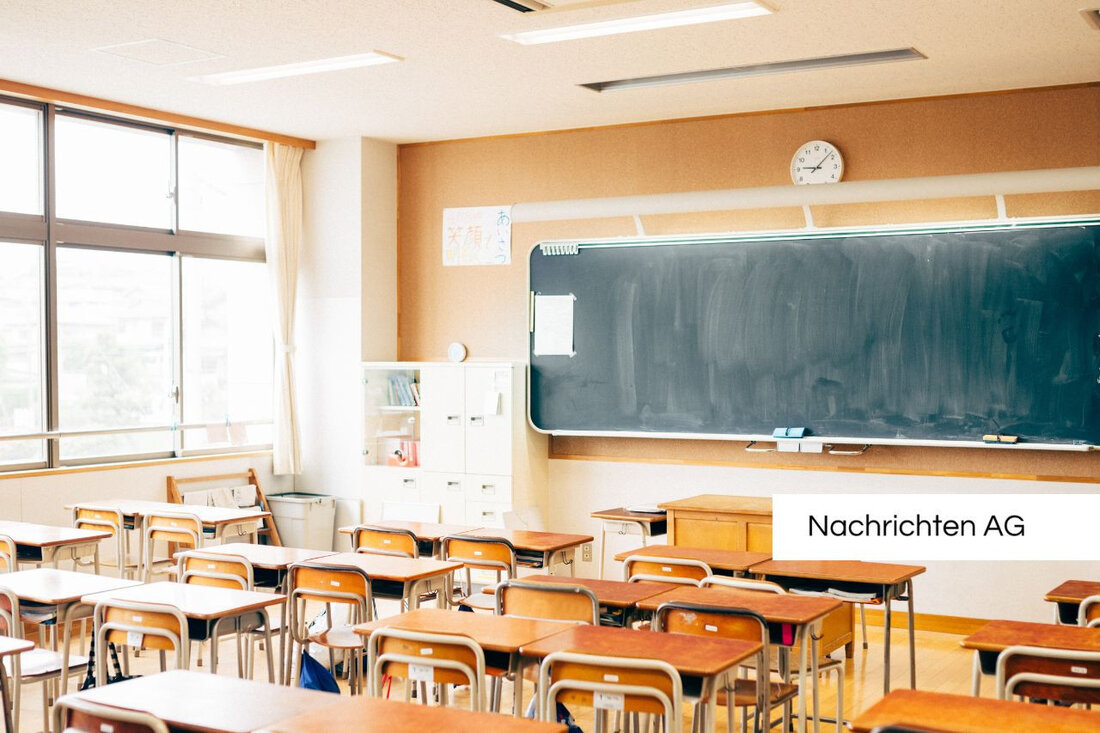Saarbrücken regional association gets involved: billions for school renovations!
The Saarbrücken regional association is investing millions in renovating schools to improve learning conditions.

Saarbrücken regional association gets involved: billions for school renovations!
The Saarbrücken regional association places a strong focus on improving its school buildings. According to a recent report by Dudweiler Blog Comprehensive renovation and conversion measures will be carried out at 29 schools during the upcoming holidays. This initiative involves an investment of several million euros and covers community schools, high schools, vocational training centers and special needs schools.
The regional association's building authority plans to carry out noise-intensive work during the school-free period. Norbert Moy, the first regional association representative, emphasizes the responsibility of creating good learning and living spaces for the students. A concrete example is the flat roof renovation at the Graf Ludwig Community School in Völklingen-Ludweiler, for which around 280,000 euros are being made available.
Extensive measures and investments
The planned measures are extensive. Among other things, the design of the outdoor area at the Bruchwiese community school in Saarbrücken is planned, which includes new paths, a school garden as well as parking spaces for teachers and bicycle parking facilities. In total, over half a million euros will flow into various projects until next spring.
Another highlight is the renovation of the natural stone facade at the Otto-Hahn-Gymnasium in Saarbrücken, which is estimated to cost around 108,000 euros. In addition, there are roof renovations at the Günter-Wöhe-Gymnasium and at the Graf-Ludwig-Gesellschaftschule, for which around 280,000 euros are planned each. In addition, a new small playing field will be built at the Ludwigsberg school in Saarbrücken, which will cost around 220,000 euros.
Additional renovation work concerns the toilets in the sports hall of the Friedrich Schiller School in Heusweiler and the toilet facility for teachers at the Vopeliuspark community school in Sulzbach. A partial renovation of the gymnasium at the Sonnenhügel and Hermann Neuberger community schools in Völklingen requires around 630,000 euros, while smaller renovation measures are also being carried out at many school locations.
Challenges for school infrastructure
In the context of these developments, however, the Germany-wide investment backlog in the area of school infrastructure is also alarming. How Architecture sheet reported, the investment backlog in the school sector will have reached a record value of 54.8 billion euros in 2024, which is 7.3 billion more than in the previous year. This gap is caused, among other things, by rising construction prices and inadequate infrastructure, which is worrying as it can negatively impact students' educational success.
56 percent of the municipalities surveyed stated that their investment shortfall in schools is “notable” or “serious”. The reasons for the stalled construction projects are varied and include a lack of financial resources, bureaucratic hurdles, a lack of personnel in construction administration and bottlenecks in the construction industry. Dr. Fritzi Köhler-Geib from KfW highlights the need to reduce these bureaucratic challenges.
Modular educational buildings now offer solutions to these problems. They enable faster and more efficient implementation of construction projects with an average construction time of around three months. These buildings are not only sustainable and reusable, but also offer a high level of flexibility in interior design, which can significantly improve the learning space.
Overall, it shows that the investments by the Saarbrücken regional association are an important step in the right direction to improve the school situation. But the challenges in education are still great, and innovative approaches such as modular buildings could represent one of the solutions for the future. Algeco confirms that conventional school buildings in Germany in particular are often in a dilapidated condition, which illustrates the need for further action.

 Suche
Suche
 Mein Konto
Mein Konto